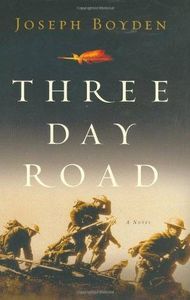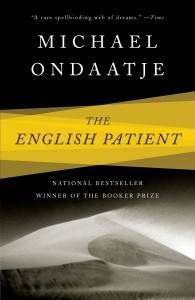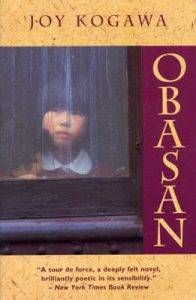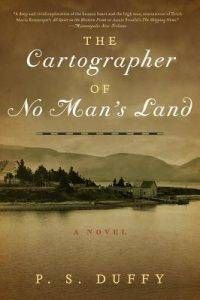
Canadian Reads for Remembrance Day
When I moved here, the concept of Remembrance Day was a bit vague to me. Mostly because I have never been quite sure whose memory this day of remembrance encompasses. Is it dedicated to members of the military service longer with us? Do we remember the service of those still living? Also, the poppies. It’s like Memorial Day in the U.S. but it falls on Veterans Day. Like the latter, it was once Armistice Day, commemorating the end of the First World War. But its scope seems to be broader than that. In the way of most things Canadian, it at first appears to be exactly like a thing we do in the U.S. but is, in fact, different.
The Canadian War Museum’s website clarifies that “Canadians recognize Remembrance Day, originally called Armistice Day, every 11 November at 11 a.m. It marks the end of hostilities during the First World War and an opportunity to recall all those who have served in the nation’s defense.” I’ve also found that, while the military sacrifices of the past and present are certainly honoured, the day also provides the opportunity to circulate messages of peace.
The First and Second World Wars are not only a theme in the country’s collective memory, but also show up quite a lot throughout Canadian literature, with the violence and societal rupture of conflict serving as a backdrop to novels that explore the country’s identity at its very core. So if you find yourself curious about Canada’s military history (and, honestly, it’s pretty interesting), or if you would like to read something in honour of Veterans Day but are feeling a bit bruised by America at the moment, here is a list of books about Canada’s participation in historic international conflict, as well as the related home front experience and the deeply devastating effects of such conflict.

I can’t say enough about this book and how incredible it is. This is Boyden’s first novel and a deeply significant book in terms of its exploration of both past and present tensions between First Peoples and Canadians of European descent. Told between the alternating perspectives of Niska, a Cree woman and descendant of those who chose not to enter the reserves in the 19th century who lives outside of society, and her nephew Xavier, who is returning home traumatized by the violence of the First World War. The story itself is based on the real war hero, Ojibway Francis Pegahmagabow, a decorated sniper.

This classic, Booker Prize-winning novel of the Second World War needs nearly no introduction. (Because you’ve all seen the movie, or at least seen the Seinfeld episode about the movie.) It follows four characters whose lives intersect in a villa in Italy during WWII, one of whom being the eponymous patient, who is has been burned beyond recognition and whose memories of before the war began serve as one of the temporal landmarks for the novel’s nonsequential narration.

A sweeping novel that spans several generations of wood carvers, the main story follows a brother and sister, both grieving the emotional and physical losses incurred throughout the First World War, as they travel to France to work as stone carvers on the Vimy Memorial, a monument constructed to remember fallen Canadian soldiers. The themes of art, obsession, love and memory are the foundations of this novel, which suggests the possibility of the past’s redemption even in the face of a tragic present.

This award-winning novel, based on events in the author’s own life and telling the story through the narrator Naomi’s relationship with her two aunts, is the first to have told the story of Japanese internment in Canada during the Second World War. Set in the 1970’s and focused on the particular devastation of the war felt by relocated Japanese Canadians, Kogawa beautifully and intricately describes the silence caused by trauma and the process of learning to speak through it.

What is so striking about this first novel is the way it captures the acute psychological experience of waiting. Waiting for battle, waiting to come home, waiting in a liminal space between life and death. The prose often breaks away from its firm grounding in the gruesome details of conflict and ventures into dreamy territory. Set largely on the Italian frontline of WWII, it also intricately portrays the atmosphere of the home front, a Canada which was still suffering the effects of the First World War.

Also a first novel, this story leaps back and forth between the trajectory of Angus, who forsakes his pacifist ideals and deserts his peaceful Nova Scotian fishing village to enter the battlefield of WWI, and his son Simon Peter, who grows older under the shadow of a community torn apart. Beautifully written while capturing the shock of ubiquitous violence.











